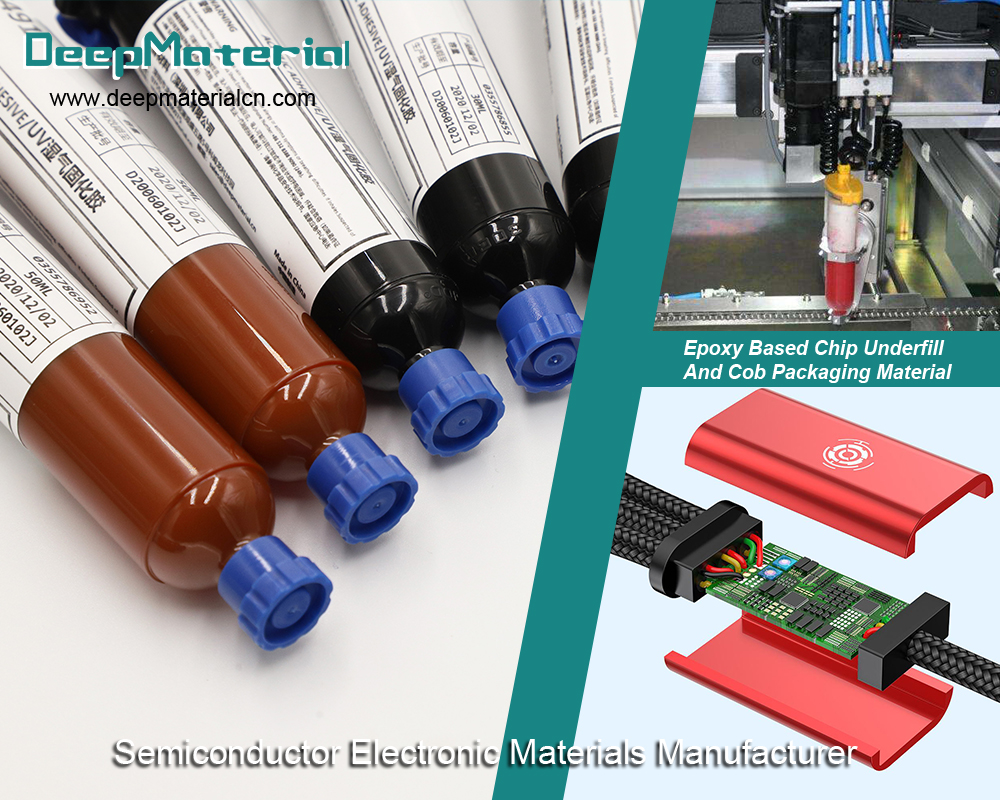What You Need To Know About Adhesives For Potting Electronics
What You Need To Know About Adhesives For Potting Electronics
Potting is, in simple terms filling a pot with an adhesive, which is a potting compound, to create a layer that protects electrical components from external damage. The components to be potted are placed in the housing before the liquid adhesive flows all over, covering them entirely. Apart from covering the entire surface, potting can also be done so that only an individual component or area is covered in the resin.
Circuit boards are commonly potted electrical components, especially because they have small and sensitive parts like resistors, microchips, diodes, and transistors. They can get damaged when exposed to moisture, vibration, corrosion, thermal shock, and even dirt and dust. When exposed to moisture, short-circuiting happens, chemicals corrode the components, and vibrations can detach them and render them useless.

Another reason why electronics are potted is to make spying or copying of circuitry hard by competitors or other interested parties with ill motives. Criminals have a harder time tampering with potted electronics, especially card readers and smart chips.
For electronic potting, adhesives with less viscosity are best as they allow filling around the components easily. They also reduce the chances of trapping air bubbles, which in turn interferes with the performance and appearance of the pot. You can settle for two-part epoxies, modified versions, or polyurethane adhesives for the best potting results. If you need quick curing, UV adhesives are best and won't require any mixing before use. The UV adhesives, however, have the challenge of not curing all through and shadowing, so they are not always ideal for potting adhesives.
When choosing adhesives for potting electronics, you can use the following questions to make the most suitable product for your application requirements and needs.
• Will the potting material flow sufficiently and coat even the tiny intricate components effectively?
• How quickly is full curing going to take, and how ideal is that time for the project?
• Is the potting process better done manually or automatically? And can the two-part products be incorporated into the process?
• Is clear adhesive best for the application, or are the opaque versions better?
• Is the protection only needed to keep environmental hazards at bay, or is there a need for added protection against product copying and spying?
• What level of hardness is needed? Should it be softer to keep components less stressed or harder to reduce tampering?
• How costly is the potting compound? Is it practical enough for the project?
• How is the quality of the material? Is it durable enough against the lifespan of the electronics?
When looking for a potting adhesive that will give you the best performance in protecting the electronics, ensure you choose one with the following:
• Good resistance to chemicals and moisture
• Low shrinkage and outgassing
• Non-corrosive formulation
• Specific approvals and meets compliance requirements
• Electrical insulation
• Reliable thermal conductivity
• Resistance to vibrations and impacts
• Resistance to thermal shock

DeepMaterial is a manufacturing company offering top-quality adhesives suitable for potting electronics. The company's wide range of adhesives, potting compounds, and resins makes it a one-stop solution for all your bonding and encapsulating needs. Let the experts advise you on what products are best for what applications.
For more about adhesives for potting electronics,you can pay a visit to DeepMaterial at https://www.epoxyadhesiveglue.com/category/pcb-potting-material/ for more info.
For more you can pay a visit to https://www.pinterest.com/deepmaterialadhesive/
评论
发表评论